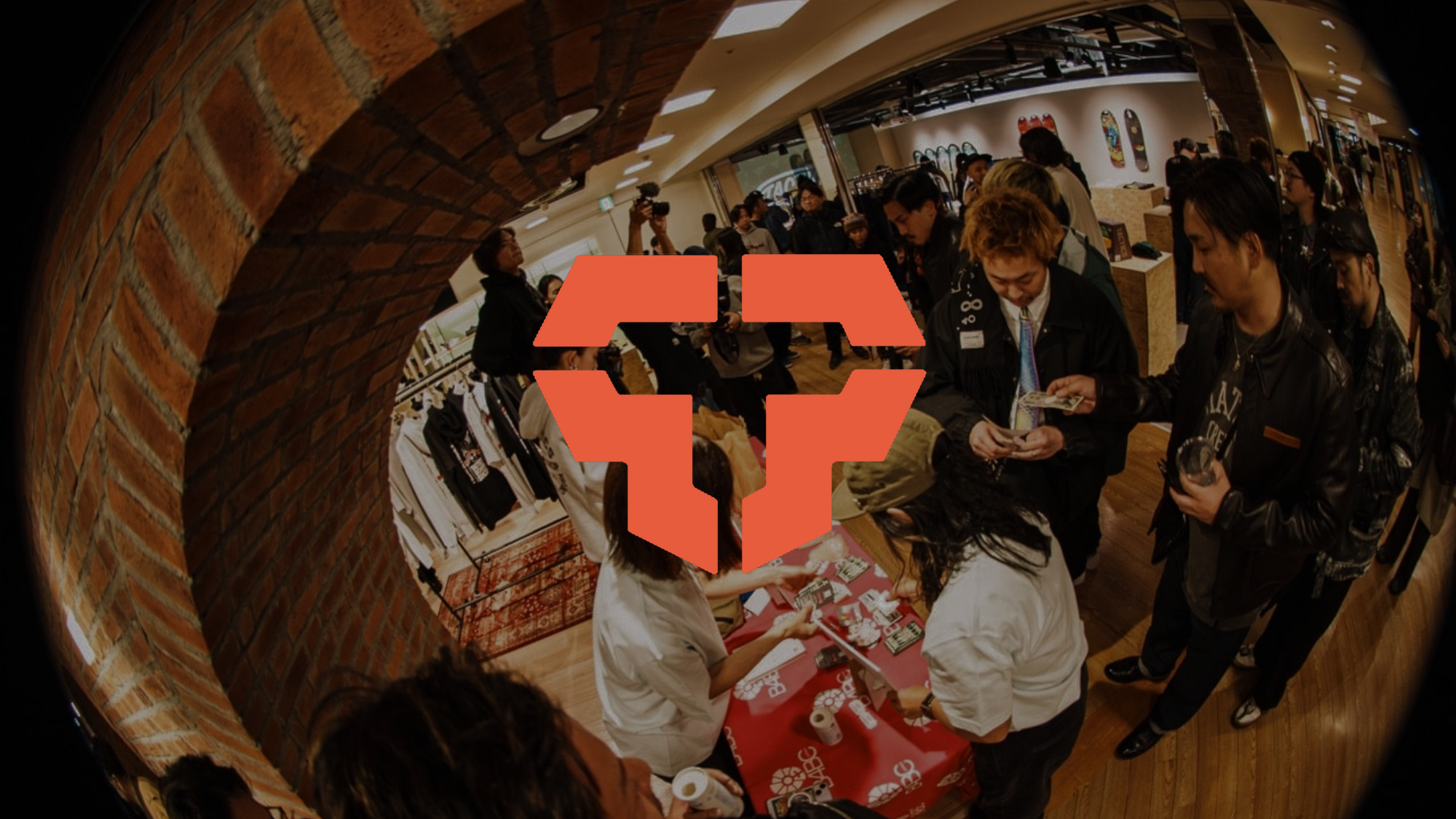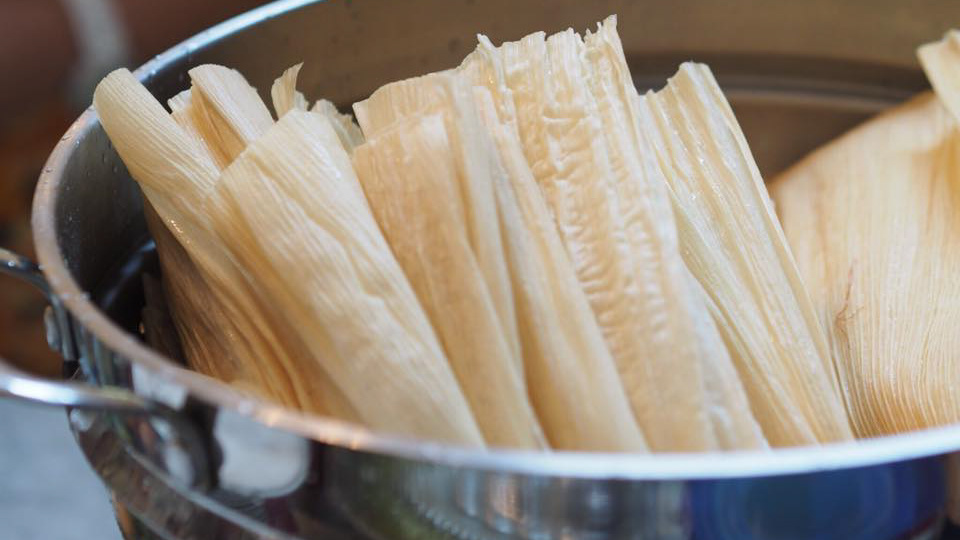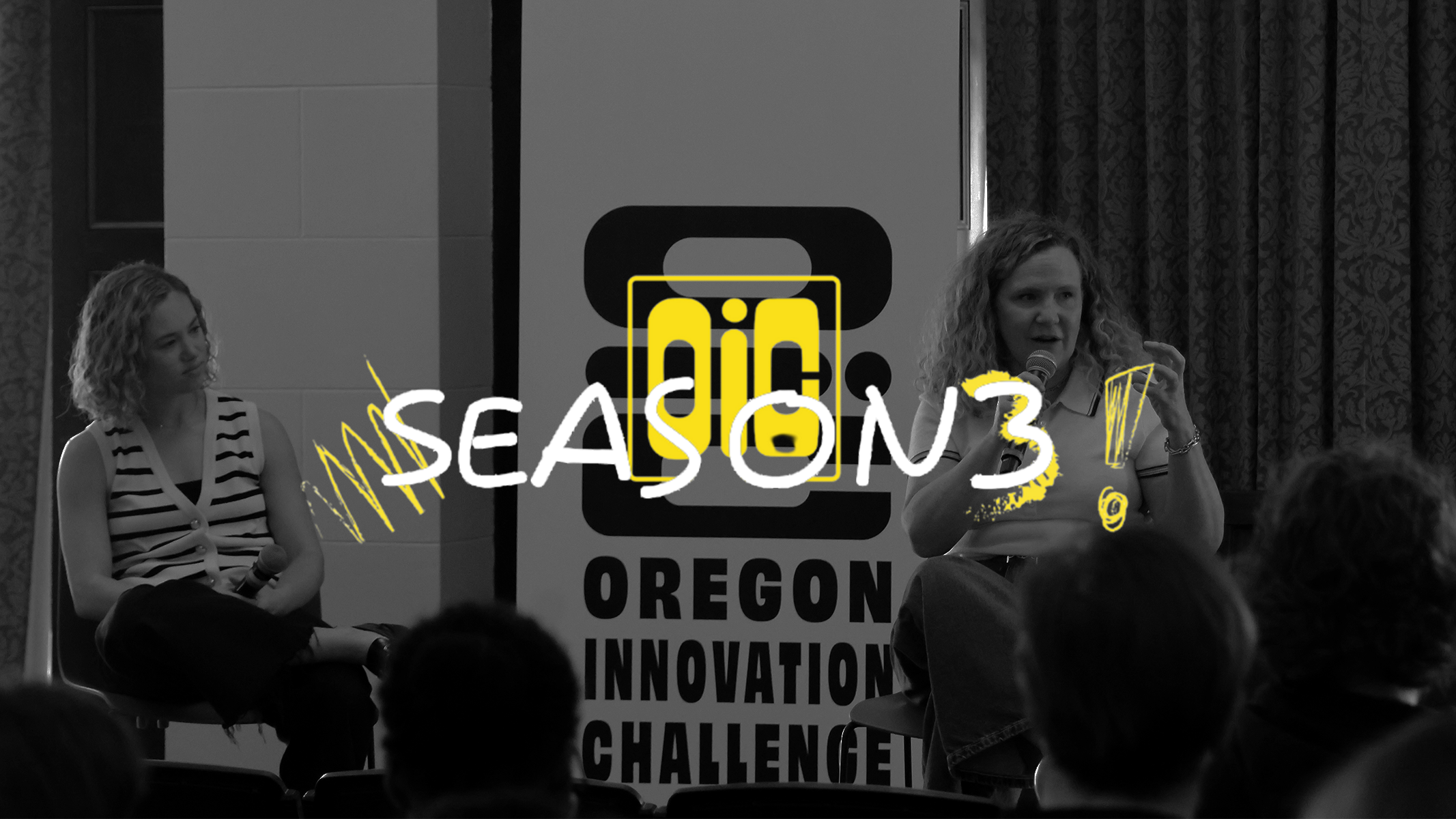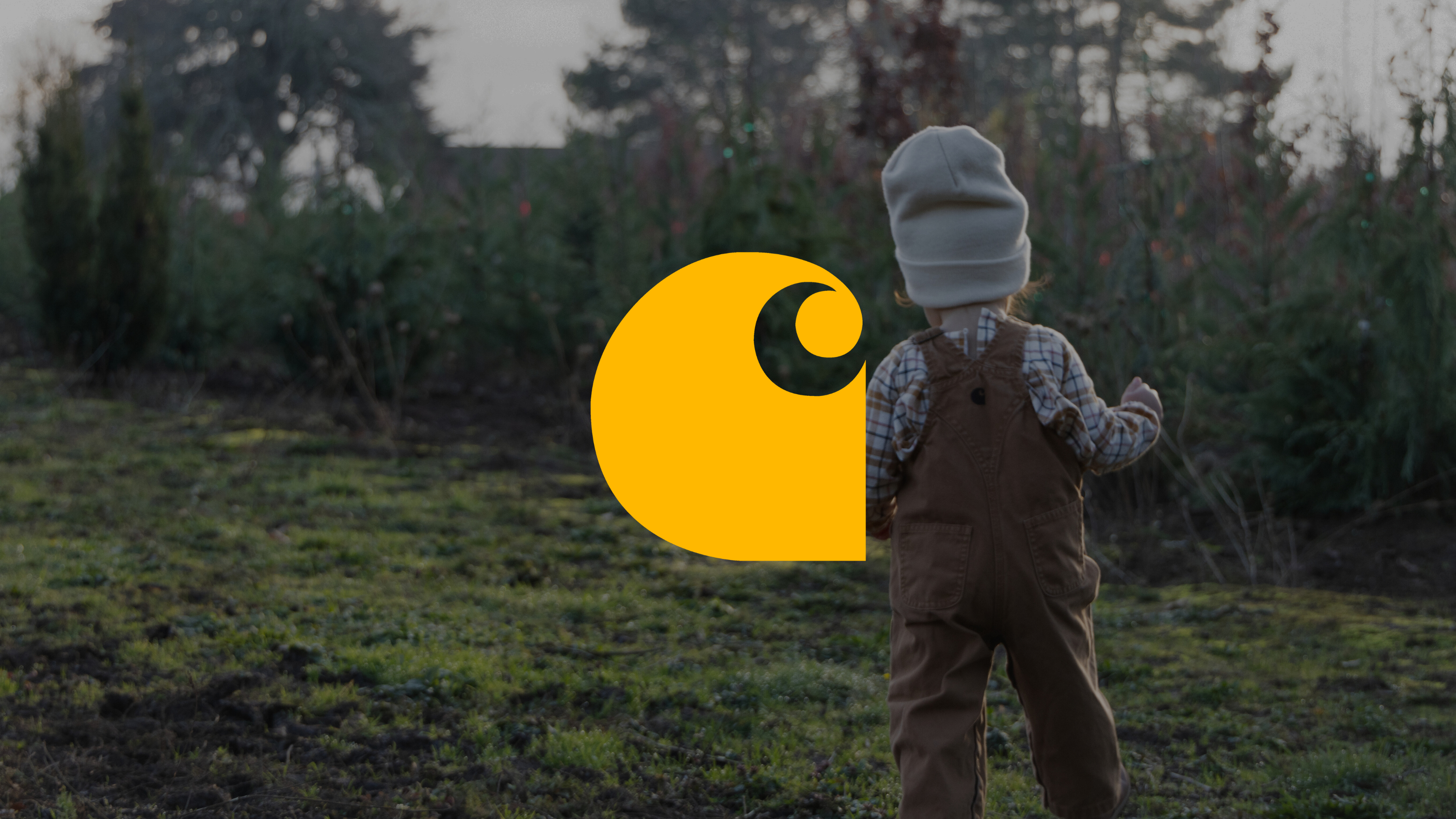“My life completely exploded. I’m telling you, everything,” said Diana Janz. In one year, Janz lost her marriage, house, job, and almost — her life. The following year would bring resolutions and realizations. Sex trafficking wasn’t “some other country, somebody else’s problem, somebody else’s kids” anymore.
Janz realized how significant sex trafficking was while working for The Los Angeles Dream Center in 2010. Between 2007 and 2020, The Human Trafficking Hotline reported 73,946 cases of human trafficking in the United States. Of those, 876 cases were in Oregon. Some of the women Janz had worked with passed through Eugene, Oregon. “I had to spend my life doing something to mitigate the problem,” said Janz.
“I’ll never forget looking into her eyes and seeing a little girl’s eyes,” Janz teared up as she spoke of this survivor, “I burst spontaneously into tears, it was like they were saying help me, I’m in such pain.” After working in L.A., starting Hope Ranch Ministries was an easy decision. “I had to do something,” said Janz.
In 2011, with the help of friends, family and community members, Janz assembled a board. By June, Hope Ranch Ministries was a registered nonprofit organization. Janz has housed survivors, led awareness trainings and hosted survivor speak-outs. She also protests at Autzen Stadium with other volunteers before home games. “It’s the hardest and easiest thing I’ve ever done,” said Janz.
One of Janz’s trainings influenced University of Oregon student Richie Dorjgurkhem to join the fight against human trafficking. Last September, Dorjgurkhem organized a fundraiser for Hope Ranch Ministries. He ran 100 miles within 24 hours in Lake Oswego, Oregon. On his Instagram, Dorjgurkhem encouraged his followers to donate to Hope Ranch Ministries. “This run is nothing compared to what survivors have gone through,” said Dorjgurkhem.
With no intention of retiring anytime soon, Janz’s goal persists. “I want to help other people because I don’t want people to experience what I did,” said Janz. Janz envisions a boutique for survivors to work and shop at. A pop-up version is currently running at a local church. A long-term goal is a large house — a haven for young women, LGBTQIA+ identifying people and older women. “If you change one person, you’ve changed that person’s world,” said Janz.










